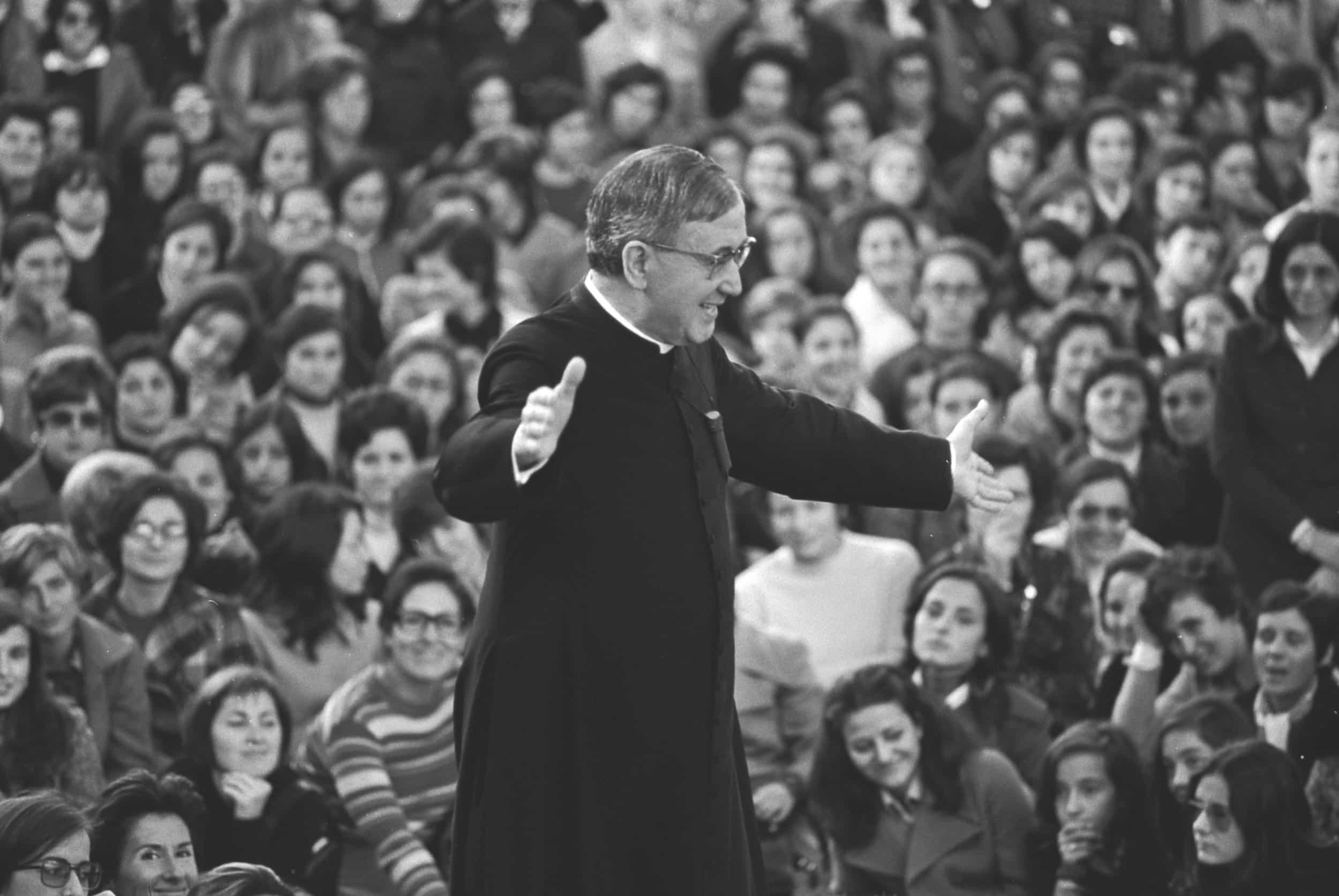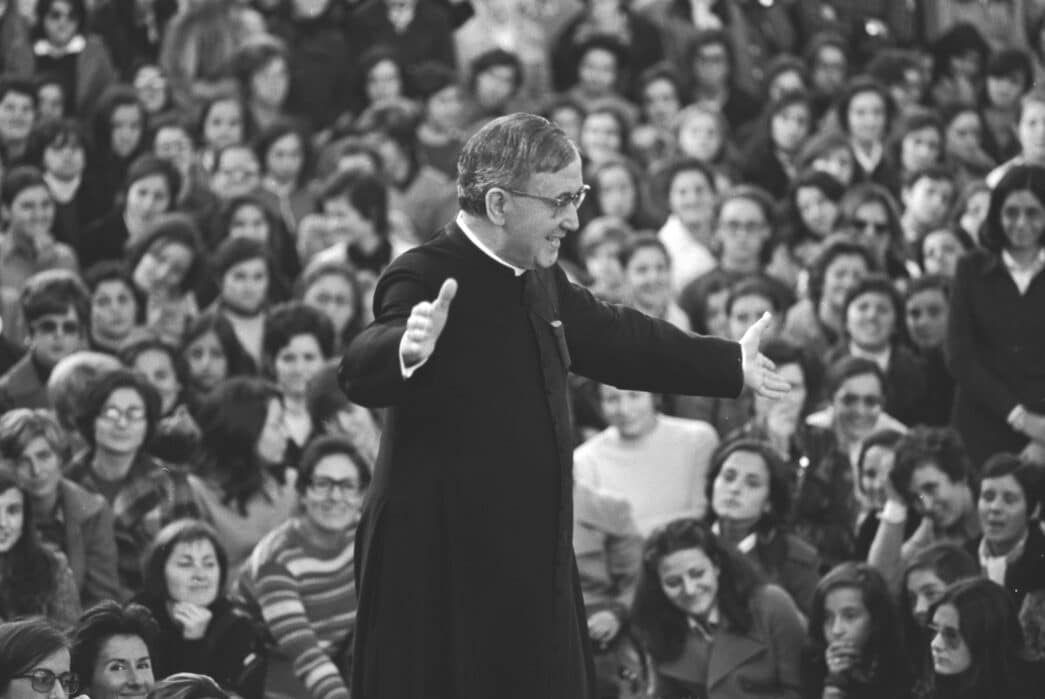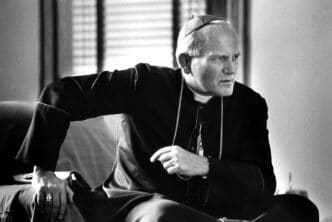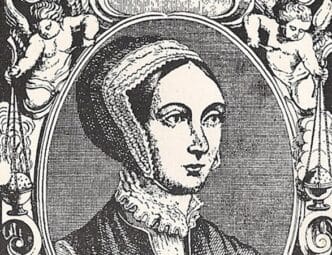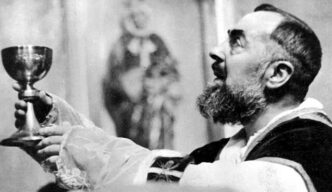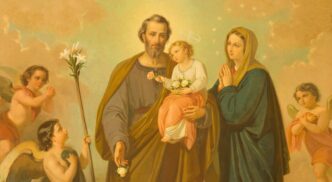(OSV News) — On the 100th anniversary of his priestly ordination, St. Josemaría Escrivá is topping the Amazon charts.
The Spanish saint’s book on prayer, “The Way,” has been on the bestseller lists throughout Lent after being featured on the Catholic app Hallow, ranked at one point as the No. 7 most read book of the week, and within the top five on Amazon’s Christian Devotionals, Christian Inspirational and Inspirational Spirituality charts.
For biographer John Coverdale, who worked with the saint from 1961 to 1968 in Rome, the renewed interest in “The Way” and the centenary celebration of St. Josemaria’s ordination are natural.
“Why not?” Coverdale told OSV News — a fitting take on a man whom St. John Paul II dubbed “the saint of the ordinary.”
Coverdale said the late pope’s description was accurate, recalling St. Josemaría as “extraordinarily live.”
Humble beginnings
Born in 1902 in Barbastro, Spain, Josemaría Escrivá de Balaguer sensed a call to priesthood after his father’s textile business failed and the family moved to Logroño, some 300 miles west. In 1920, Escrivá entered the seminary in Zaragoza — but heeded his father’s advice by concurrently studying civil law at that city’s university.
Ordained to the priesthood in 1925, then-Father Escrivá moved to Madrid in 1927, and with the approval of his bishop pursued a doctorate in law. During a retreat in October 1928, he discerned a divine desire to, as he later phrased it, “promote among people of all classes of society the desire for Christian perfection in the midst of the world,” even as the faithful participated “in the most diverse human tasks.”
That inspiration led to his founding of Opus Dei (“Work of God”), a personal prelature under the Holy See through which clergy and laity, organized hierarchically, further the church’s evangelization in concert with Catholic dioceses.

In 1946, Father Escrivá moved to Rome, where he remained until 1965, seeking to expand the Vatican-approved Opus Dei. He was named a monsignor in 1950. He later traveled extensively through Mexico and Central and South America, and returned to Rome, where he died in 1975. He was beatified by St. John Paul II in 1992 and canonized by the same pope in 2002.
During the future saint’s years in Rome, Coverdale — who worked as a communications specialist and publicist for the prelature — witnessed what he called a faith that was “so vivid,” where the spiritual and the everyday were interwoven.
Answering the call to holiness
“We had many kind of informal get-togethers with him after dinner,” Coverdale said. “At one moment, the conversation would be about something trivial, somebody telling him about something that happened that day on the way to school or whatever. And then seamlessly, he’d be talking about the Trinity or Our Lady or Christ.”
Such easy transitions between the divine and the daily showed both realms “were equally real to him,” said Coverdale. “It wasn’t two different worlds. It was (that) the world he lived in was that of the person sitting next to him, and Christ, and Our Lady.“
Coverdale said that “The Way” — originally published in 1934 as “Consideraciones Espirituales” and reissued under its definitive title in 1939 — has resonated with millions over the decades because of its relatable approach to Catholic spirituality.
The book’s pithy insights on prayer, penance, the interior life, charity and more show “we are all called to holiness,” said Coverdale. “That’s Opus Dei’s message and that’s the message of the book.”
In “The Way,” St. Josemaría wrote about holiness with candor and simplicity, confronting even the most basic obstacles to prayer.
‘Put yourself in the presence of God’
“You say that you don’t know how to pray?” he wrote. “Put yourself in the presence of God, and once you have said, ‘Lord, I don’t know how to pray!’ rest assured that you have begun to do so.”

On the presence of God, he stressed, “We’ve got to be convinced that God is always near us. We live as though he were far away, in the heavens high above, and we forget that he is also continually by our side.”
Coverdale simply said that St. Josemaría knew how to love.
“He very clearly loved God and the Blessed Virgin and the angels,” said Coverdale. “He also very clearly loved the people around him. … I certainly had the sense that I was living with a saint, even if I didn’t use the word.”

